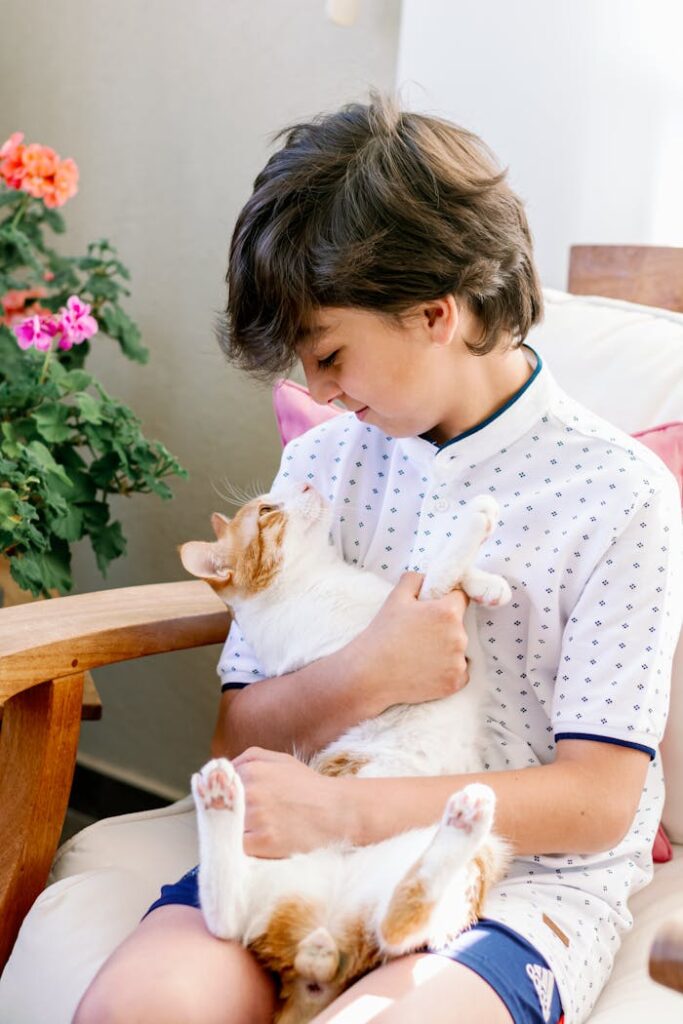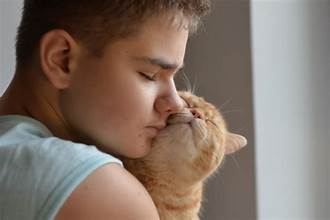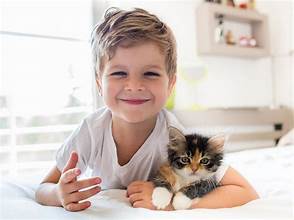Comfort cats: a Calming Companion for Focused Learning
Children with ADHD often grapple with focus, emotional regulation, and overstimulation. While traditional methods for managing these challenges are crucial, a unique form of support comes with soft paws and a soothing purr. Comfort cats, especially lap cats, are emerging as silent heroes, offering children with ADHD relief and improved concentration during learning activities.
What Are Comfort Cats?
Comfort cats, also called emotional support cats, provide consistent companionship and a sense of calm. While they are not the same as trained service animals, many families and therapists find that the presence of a loving, relaxed feline can offer grounding for children with ADHD. Lap cats—cats that enjoy sitting close and cuddling—are mighty in creating peaceful moments that support focus and learning.
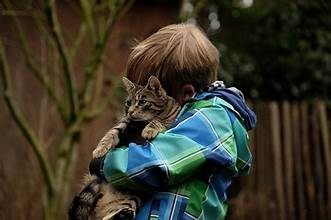
How Comfort Cats Help Children with ADHD
1. Creating a Calming Presence
When a child with ADHD becomes overwhelmed or overstimulated, a comfort cat’s quiet companionship offers a nonverbal way to self-soothe. The gentle weight of a cat on the lap, the rhythmic sound of purring, and soft fur can help calm racing thoughts.
2. Improving Focus During Homework and Reading
Studies have shown that the presence of a calm animal can reduce anxiety and promote attention. Children may sit still longer, read out loud to their cats, or complete schoolwork more peacefully with a lap cat nearby.
3. Emotional Regulation and Routine
Cats offer predictability in a world that can feel chaotic to a child with ADHD. Feeding, grooming, or sitting with a cat daily can build structure, responsibility, and emotional balance.
4. Non-Judgmental Connection
Comfort cats provide unconditional affection and never pressure a child to speak, sit still, or meet expectations. This non-judgmental presence is compelling for children who struggle with low self-esteem or emotional outbursts.
Real-Life Stories: Lap Cats in Action
Many parents of children with ADHD report noticeable improvements in focus and mood when a lap cat is nearby. Some children complete their reading assignments while petting their feline friend, while others rely on their cat’s presence to fall asleep more easily or recover from sensory overload.
One mom shared, “Our daughter, who couldn’t sit through an entire lesson, now does her homework with our cat curled beside her. It’s like the cat brings her peace.”
Choosing the Right Comfort Cat: Empowering Parents
Not every cat is suited for emotional support, but certain breeds and personalities tend to do well:
- Ragdolls – Calm, affectionate, and lap-loving.
- Maine Coons – Gentle giants who enjoy interaction.
- Scottish Folds – Sweet-natured and loyal.
- Rescue Cats – Many shelter cats have mellow temperaments that are perfect for emotional support.
When choosing a comfort cat for your child, prioritize temperament over breed. Cats that enjoy being petted, tolerate being held, and naturally gravitate toward people make the best companions.
Tips for Encouraging Bonding Between Child and Cat
- Let the child read to the cat aloud during quiet time.
- Encourage gentle petting and grooming as a calming activity.
- Create a “cat corner” with cozy bedding and treats in the learning space.
- Teach boundaries for the child and the cat to maintain a stress-free relationship.
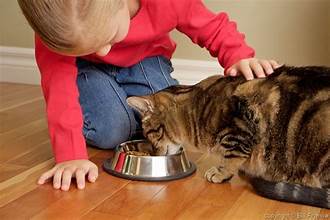
The Bigger Picture: Emotional Support Through Feline Friendship
Comfort cats don’t replace medical care or professional therapy, but they do complement it. These gentle companions provide a unique, powerful emotional support that helps children with ADHD feel calmer, more connected, and ready to focus. Whether it’s homework time, storytime, or just a quiet afternoon, a lap cat can be a valuable partner on your child’s learning journey.
Final Thoughts
Lap cats and learning go hand-in-paw. Their presence can ease stress, improve focus, and bring joy to children who face daily challenges. If you’re considering a comfort cat for your family, you may find that their quiet companionship makes all the difference.

